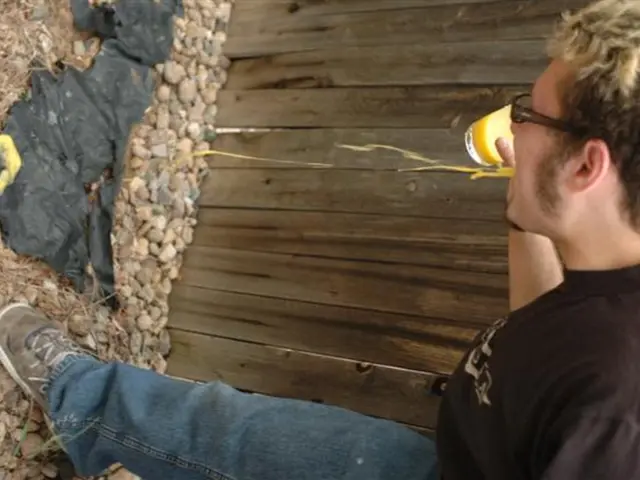UK Initiative for Examining Gambling-Linked Suicides Calls for Financial Investment Ideas
The collaborative Gambling-Related Suicide Research Program, driven by the UK Gambling Commission (UKGC) in partnership with Greo Evidence Insights (previously Ontario Problem Gambling Research Center), is currently accepting funding applications. This program focuses on investigating the link between gambling and suicide, self-harm, or suicidal thoughts.
Greo Evidence Insights is accepting applications for quantitative and qualitative research grants until May 1, 2023. The focus is on research that sheds light on how individuals experience gambling-related suicidal tendencies.
Priority will be given to research projects that aim to identify key patterns, as well as the contributing and mitigating factors that are specific to gambling-related suicide or suicidal ideation. Funding proposals are also invited for research into the role of gambling products, including advertising and marketing strategies, in problem gambling.
The program is also interested in funding research that can better detect warning signs and potential critical intervention points.
Though Greo Evidence hails from Canada, the research should focus on gambling-related suicide within the UK. The program has allocated £350,000 for quantitative grants and £600,000 for qualitative research, with funds provided by the UKGC through its National Strategy to Reduce Gambling Harms in Great Britain.
Research from Finland's University of Helsinki in 2022 suggested that suicidality is prevalent among those who gamble excessively, with 22-81% of individuals in clinical populations and problem gambling treatment services reporting suicidal thoughts, and 7-30% reporting suicide attempts.
Following criticism for permitting betting shops to saturate UK high streets with slot-like, fixed-odds betting terminals (FOBTs), the UK Parliament took action in 2018. National lawmakers restructured FOBT regulations and drastically reduced the maximum bet from £100 to £2, leading to the closure of numerous high street betting shops.
The UKGC subsequently launched a two-year industry review, known as the National Strategy to Reduce Gambling Harms. This review resulted in numerous regulatory changes aimed at reducing gambling-related harm, and the UK government plans to continue supporting critical research like the Gambling-Related Suicide Research Program.
Gambling participation in the UK remained steady at 43% last year.
Greo's funding call notice highlights the potential for learning about gambling and the threats it poses to those vulnerable to addiction and irresponsible betting through studying industry player data. However, gaining access to player data can be challenging. Independent research into industry player data could provide valuable insights into the association between gambling and suicide, self-harm, or suicidal thoughts.
Qualifying institutions for Greo grants include UK-based universities, participants in England and Wales' National Health Services, and not-for-profit research organizations. Research teams should not include individuals who have worked in the legal gaming industry within the past five years or own gaming investments valued at over £5,000.








